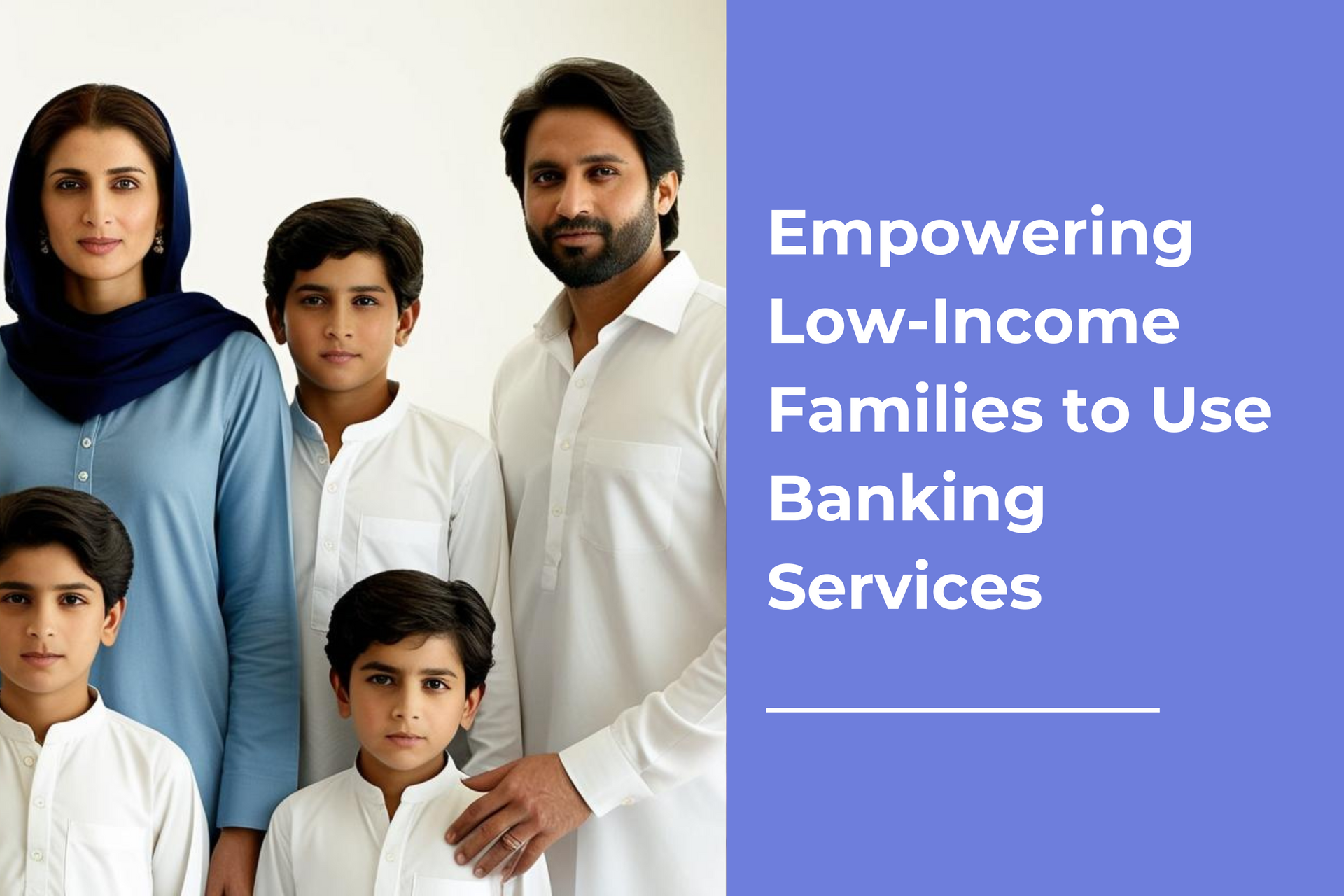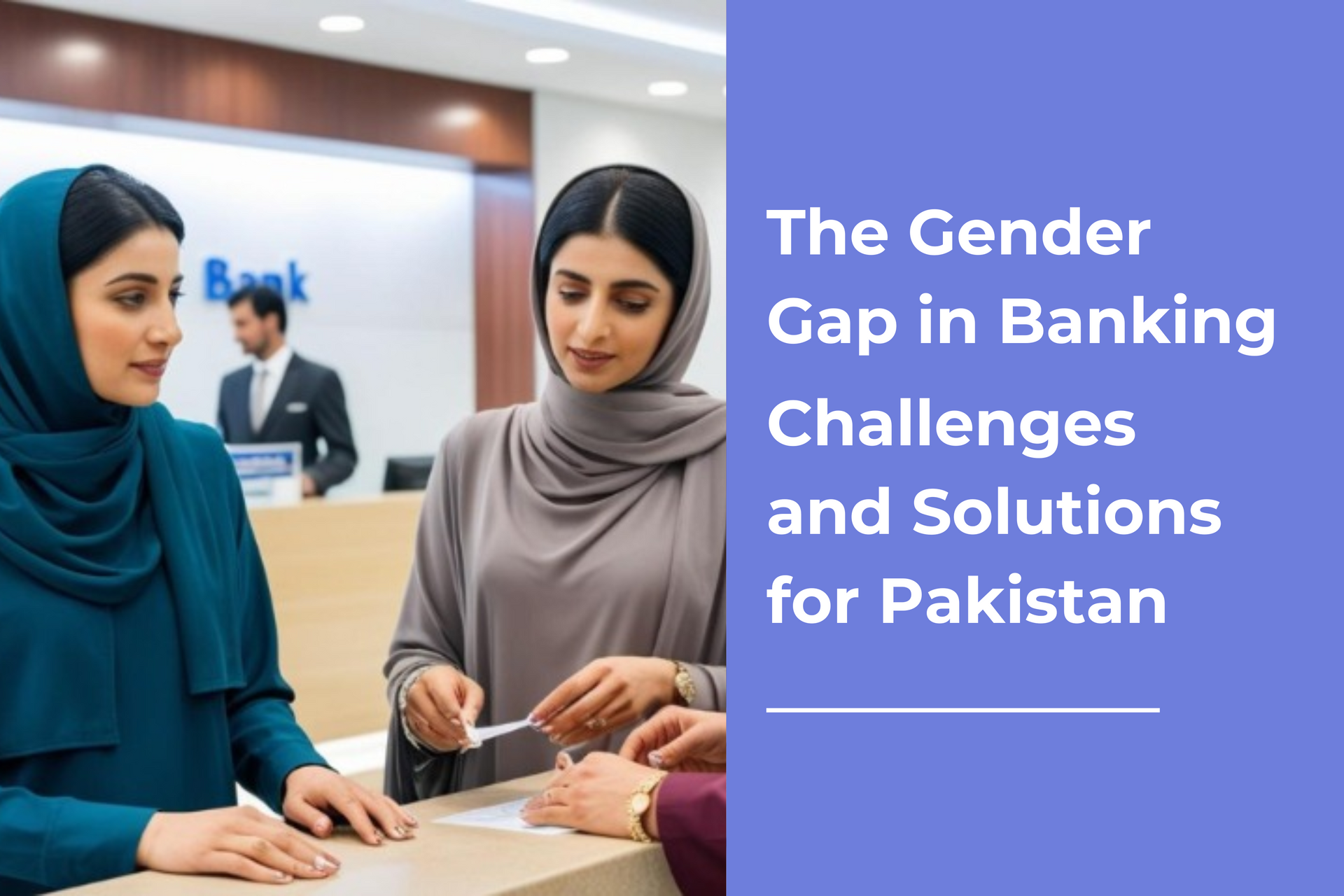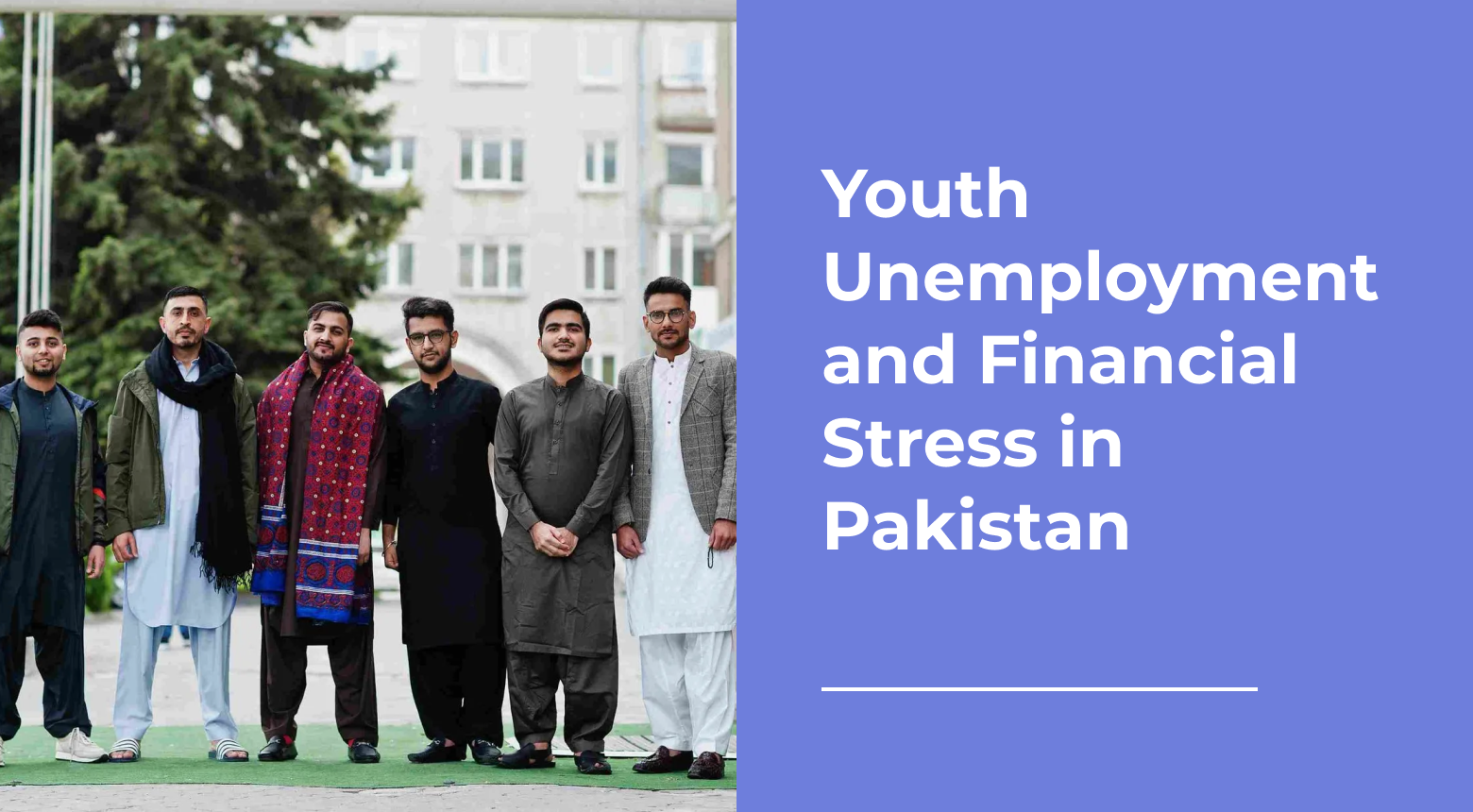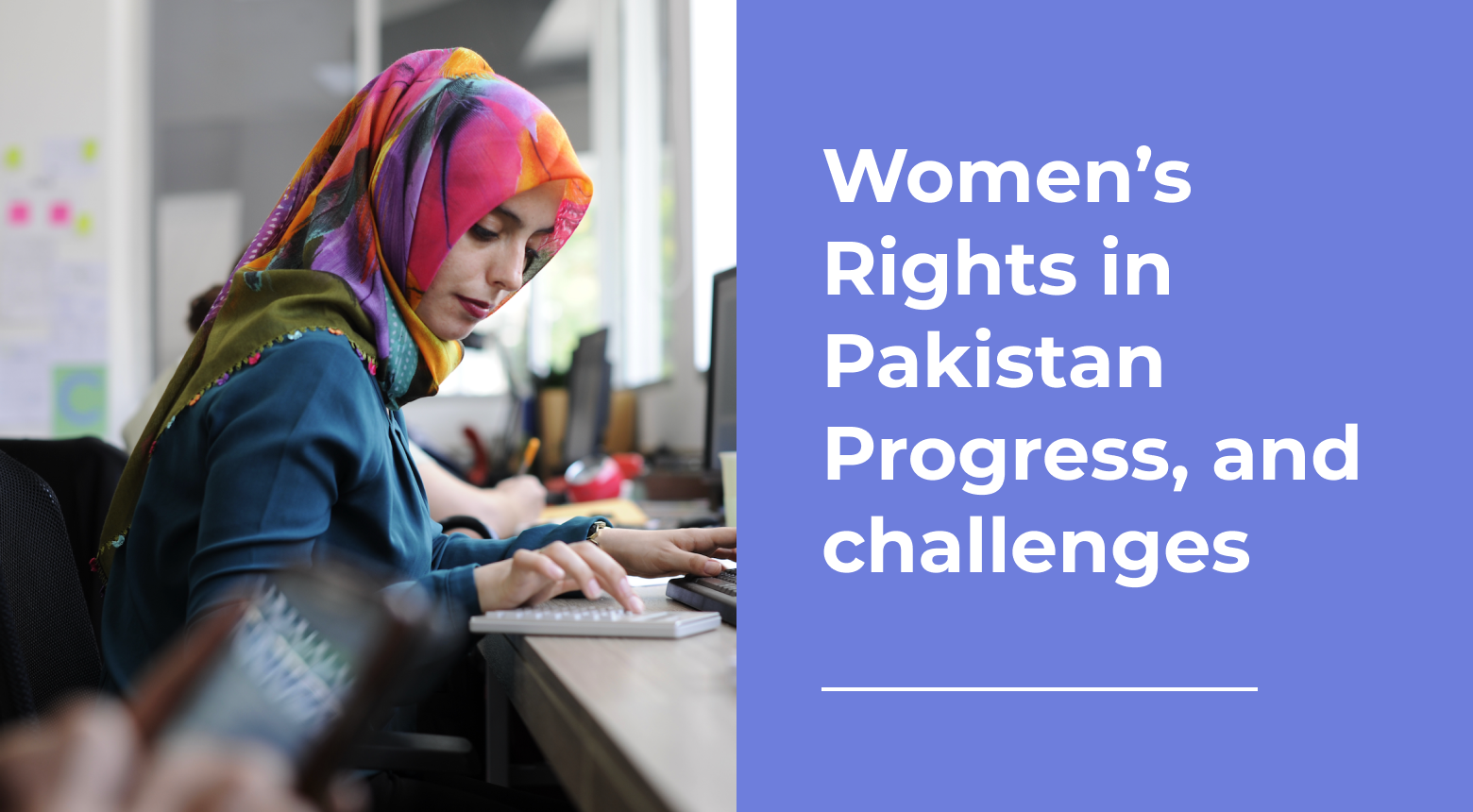
Inflation, Rising Costs and Budgeting Tips for Pakistani Families

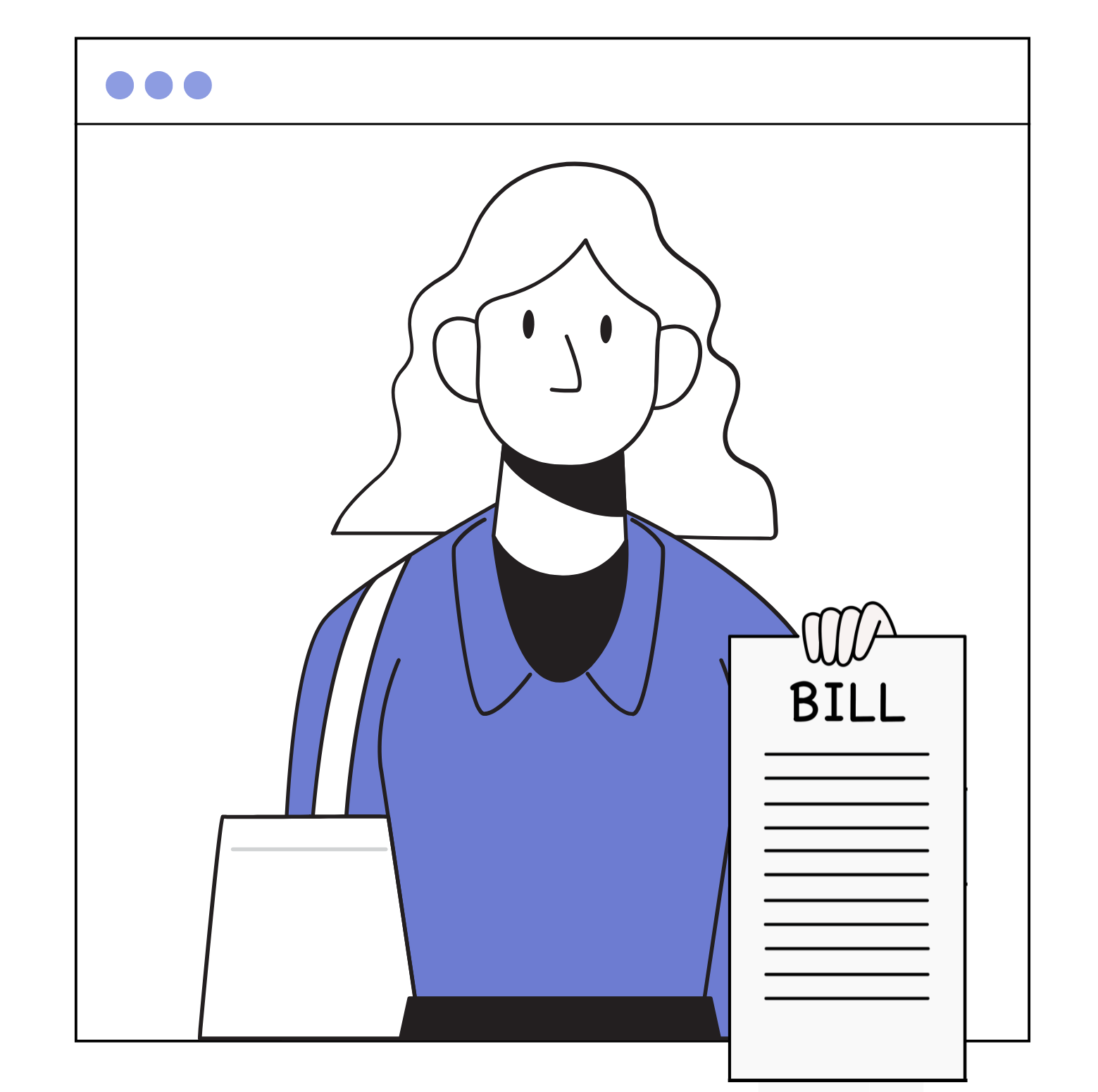
Have you noticed how your monthly expenses feel heavier every time payday rolls around? Maybe you're cutting back on groceries, skipping a family outing, or wondering how to pay the next electricity bill. If this sounds familiar, you're not alone. Across Pakistan, families like yours are facing the same question: How do we make it through the month?
How will we make ends meet?
The numbers are staggering 28.34% inflation as of January 2024, one of the highest rates in a decade. But this isn't just about numbers; it’s about real choices. For some, it’s skipping a luxury. For others, it’s choosing between feeding their children or keeping the lights on.
Take Shahid, a schoolteacher from Lahore, who’s struggling to keep his kids in school while managing rising utility bills and food costs. Despite working overtime, Shahid is still facing a constant balancing act, one that many families across Pakistan know all too well.
Inflation is reshaping lives everywhere from busy urban households to small villages and it’s not something any of us can ignore. But here’s the thing: while inflation has changed the game, it doesn’t mean you can’t regain control.
With over 40% of Pakistan's population living below the
poverty line, With the right strategies and resources, you can navigate these challenges with confidence. Small, consistent
efforts can lead to meaningful financial stability, even in tough times.
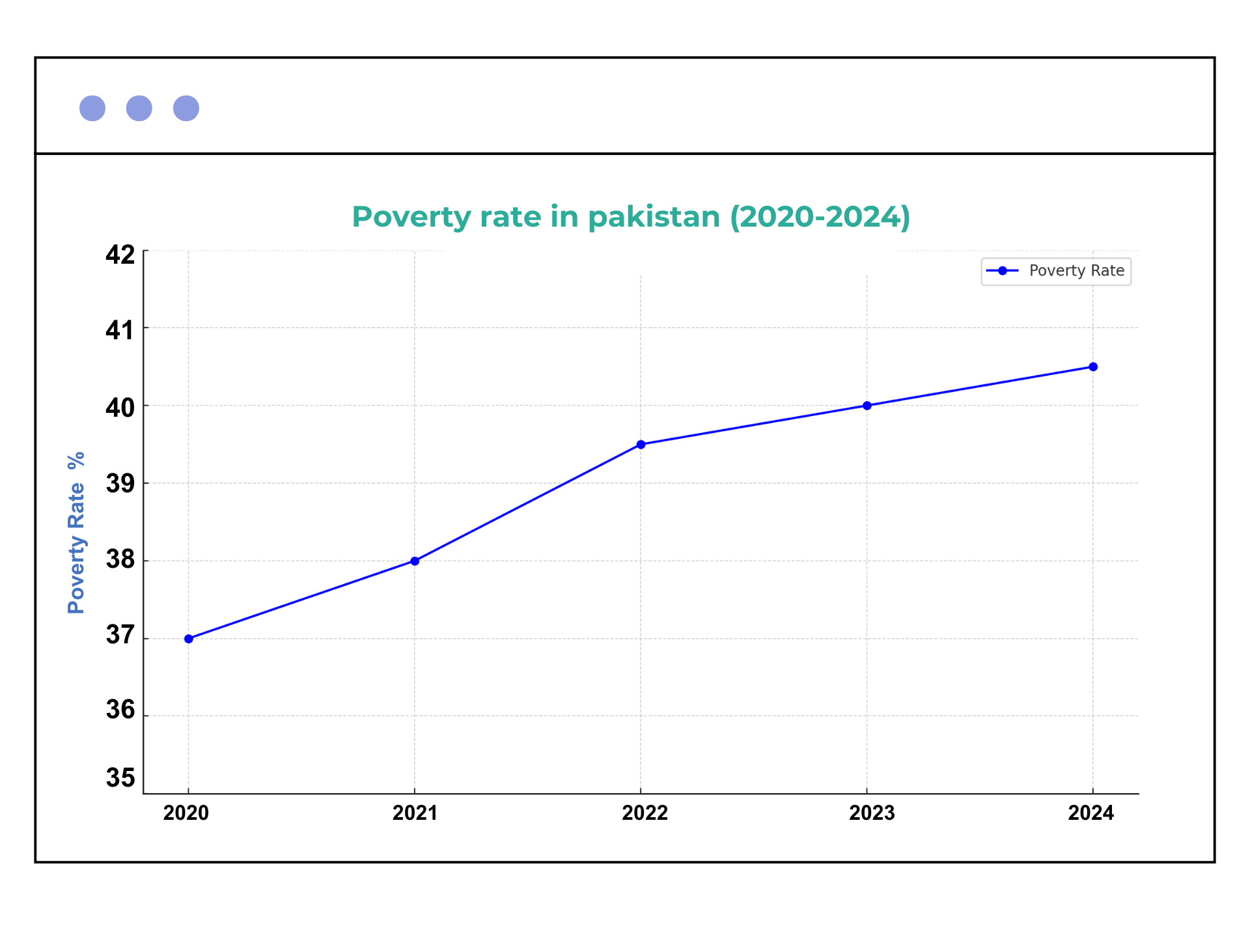
This blog is here to help. Together, we’ll explore how inflation is affecting everyday families and discover practical budgeting tips to help you stretch your income, manage your expenses, and find some peace of mind.
Because at the end of the day, no matter where you’re from, we’re all in this together—and we’ll get through it together.
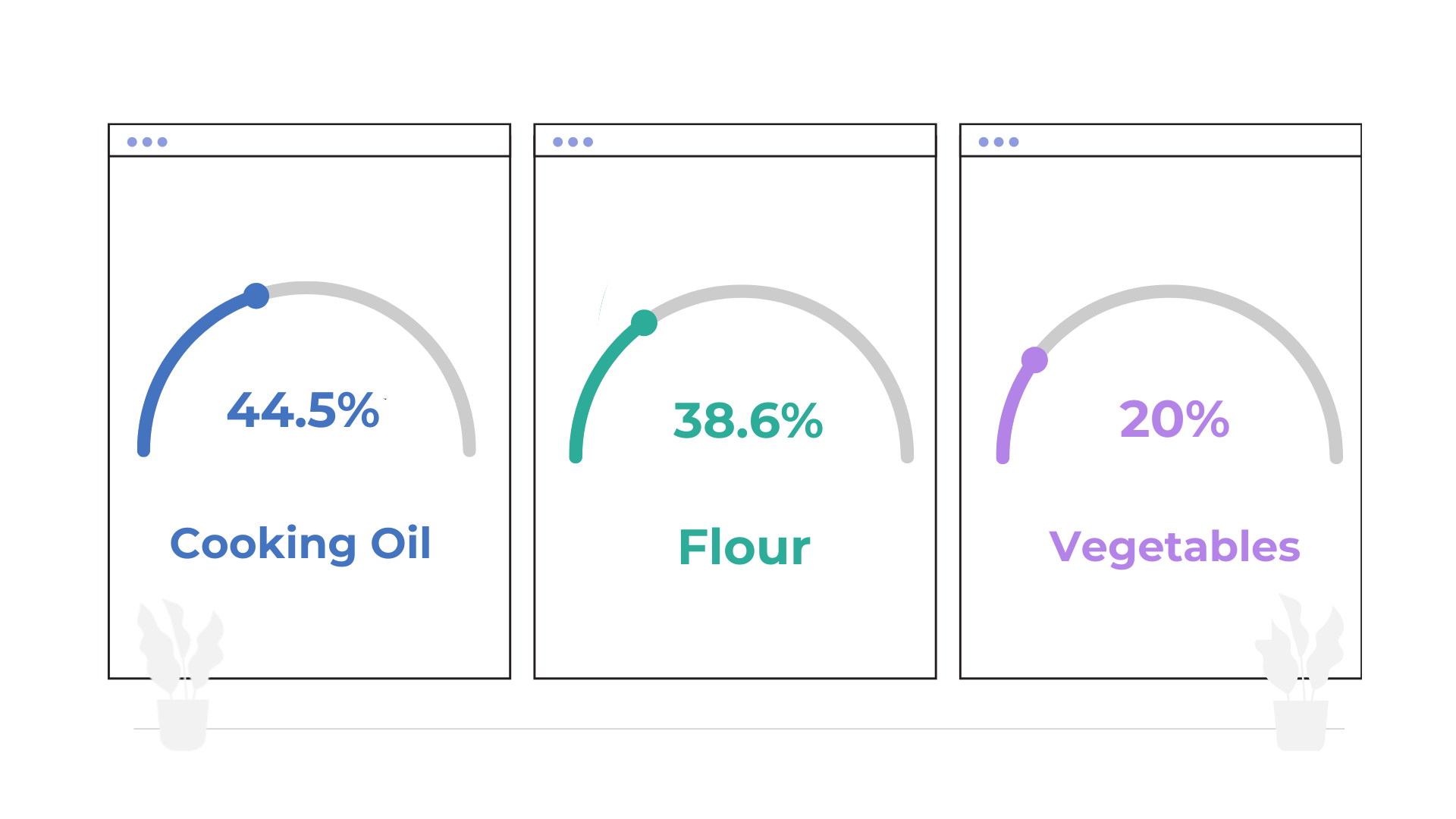
Inflation’s Impact on Families
Inflation is steadily eroding the purchasing power of Pakistani families. In January 2024, inflation hit 28.34% This means that wages are no longer enough to meet basic needs, forcing families to make difficult
choices.
Inflation has become a major challenge for both urban and rural families in Pakistan. The cost of living is rising, but wages aren't keeping pace.
Dr. Ijaz Shafi, Economist at the Pakistan Institute of Development Economics (PIDE)

Take Sana, a mother in Karachi. Her husband’s income covers only the basics, and with rising food prices, she’s started skipping meals to save on groceries. Despite working two jobs, she can no longer afford luxuries. Sana’s story mirrors that of many families across Pakistan, who are now forced to choose between essentials like food and education.
Have you noticed how your grocery bill has skyrocketed recently?
Imagine trying to stretch your budget as food prices
increase by 40%.
How would you make ends meet?
Urban middle-class families are also struggling with rising costs in transportation and utilities. A family that once spent Rs. 15,000 on groceries now spends Rs. 21,000—money that could have gone toward school fees or medical bills. Affluent families, too, are feeling the pressure to maintain their lifestyle while protecting savings.
The rise in basic food prices is unsustainable for low- and middle-income families, especially those who were already on tight budgets. There is a dire need for government intervention to curb inflation.
Dr. Sarah Khan, Senior Economist at Lahore University of Management Sciences (LUMS)

Rural families are hit hardest, with agricultural costs soaring and education becoming unaffordable.
In villages like Tharparkar, many parents are now forced to choose between paying school fees or buying food. This isn’t just a financial crisis; it’s a threat to the future of children and, ultimately, Pakistan’s economic stability.
In rural communities, the rising costs of education and basic needs are making it harder for families to invest in their children's future. This can have long-term consequences on the country’s workforce and economic growth.
Madiha Khan, Rural Development Expert at Indus University
Inflation is not just a financial issue; it’s a threat to family security, well-being, and future prospects. What can we do to lessen its impact? Let’s explore potential solutions in the next section.
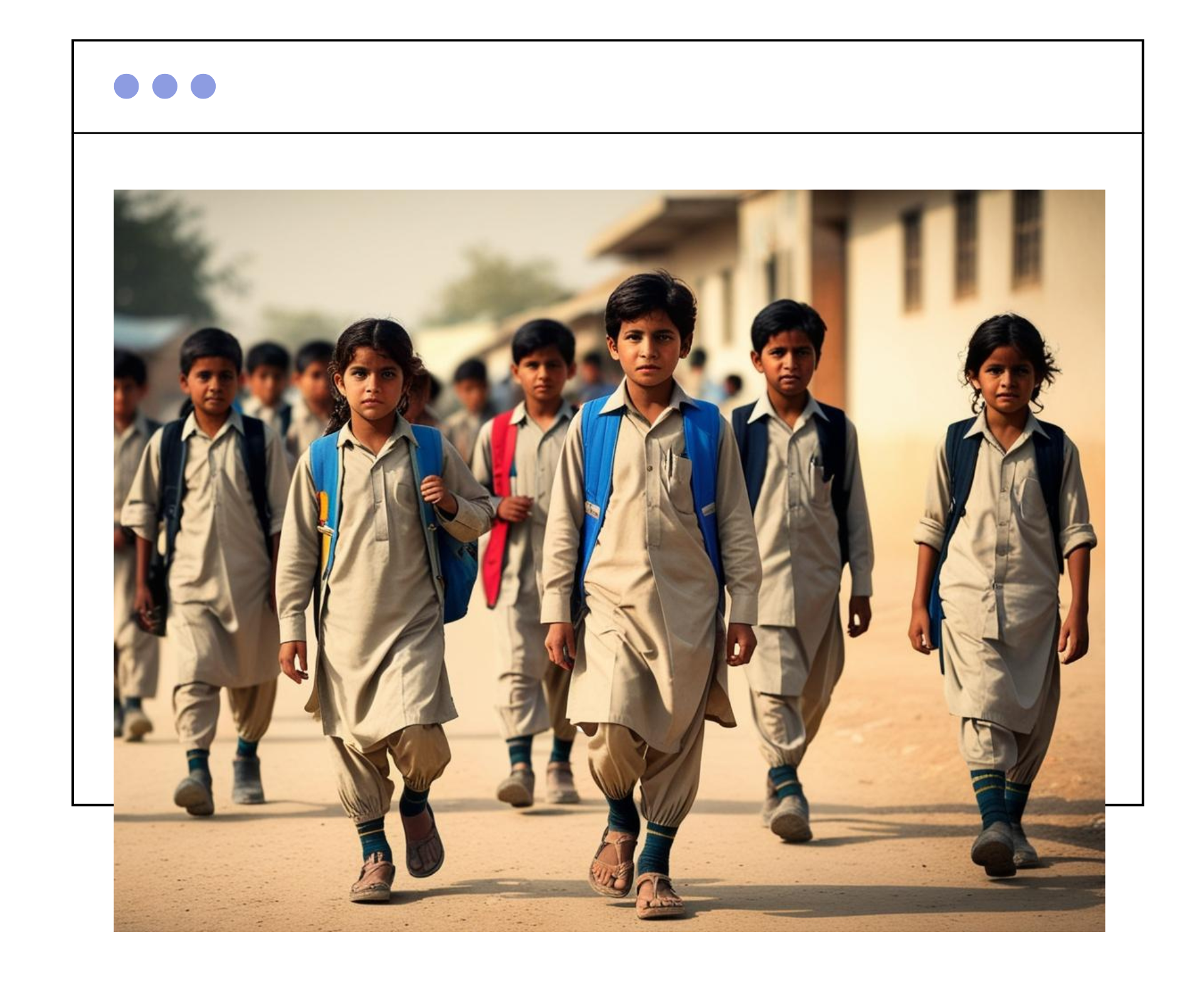
Practical Budgeting Strategies For Pakistani Households
Inflation affects each household differently, but with the right
budgeting strategies, families can stretch their resources further without compromising on life's essentials. Let’s explore tailored tips that can help families from all walks
of life navigate these challenging times.

Budgeting Tips💡
Urban Professionals and Affluent Families
As incomes rise, many find themselves succumbing to lifestyle inflation—upgrading living standards with frequent dining out, luxury items, and premium services. While these upgrades may seem enjoyable, they can add unnecessary strain on finances, especially in an inflationary environment like Pakistan's. Being mindful of spending habits can help preserve financial stability while maintaining a comfortable lifestyle.
Invest for Stability:
Consider long-term investments in real estate, mutual funds, or
Sukuk bonds
for steady returns. Consulting a financial advisor can help you build a secure portfolio, ensuring a stable financial future with minimized risk.
Cut Back on Luxuries:
Cut down on non-essential purchases like
imported goods or dining at
expensive restaurants. Explore local eateries and review subscriptions to ensure you're only keeping what you truly need, helping to save money and prioritize essentials.
Monitor Utility Bills:
Energy consumption can rise quickly. Switch to energy-efficient appliances like LED lights and inverter ACs and be mindful of usage by using fans or limiting AC time, helping to reduce electricity bills and environmental impact.
Middle-Class Families
Middle-class families often feel the financial strain from rising education costs, daily living expenses, and the challenge of saving for the future. Tuition fees, school supplies and extracurricular activities consume a large portion of the budget, while escalating grocery, fuel, and utility costs add additional pressure.
Prioritize Essentials:
Start by allocating funds for the most critical needs: housing,
food, and
education. Choose affordable staples like rice, flour, and lentils while cutting back on non-essential purchases like luxury snacks or branded products. This will help free up funds for more important expenses.
Buy in Bulk:
Take advantage of bulk buying for non-perishable items such as rice,
oil, and pulses by visiting wholesale markets. You can also save on school supplies by purchasing them ahead
of time or during seasonal sales,
which reduces last-minute costs.
Utilize Local Saving Schemes:
Consider Pakistan’s government savings options like
National Savings Schemes, Prize Bonds, and
Behbood Savings Certificates. These low-risk programs offer structured ways to grow your savings, providing security for emergencies or supporting long-term financial goals.
Youth and Students
For young people, managing education costs and pocket money can be particularly challenging. With rising tuition fees, textbooks, transportation, and living expenses, careful financial planning becomes crucial to make ends meet while balancing studies and personal life. .
Use budgeting
apps:
Track your spending and set savings goals with apps like
Mint or
YNAB (You Need A Budget). These apps offer a clear overview of your income and expenses, helping you identify areas to save and set achievable goals.
Explore Part-Time Earning Opportunities:
Use freelancing platforms like Upwork,
Fiverr and Freelancer to earn extra income. Offer services like writing, design, or tutoring. These gigs provide flexibility, helping students earn while studying and build valuable skills for future careers.
Make Use of Affordable Learning Resources:
Save on costly textbooks by using free online courses and e-books. Platforms like
Coursera,
Khan Academy,
and
edX offer affordable, high-quality learning resources, enabling you to study at your own pace without financial strain.
Low-Income Households
For low-income families, meeting daily needs is a constant struggle. With inflation driving up the prices of essentials, managing finances becomes a priority.
Government Subsidies:
The Benazir Income Support Programme
(BISP)
provides financial aid to low-income families, and the
Ehsaas Kafalat Program offers financial assistance through stipends to deserving women, aimed at alleviating poverty and supporting vulnerable households.
Vocational Training:
Join NAVTTC-sponsored programs to acquire skills in carpentry, tailoring, or digital marketing. These practical courses equip individuals with marketable expertise, creating pathways to improved job prospects and potentially higher earnings for a better future.
Community Collaboration:
Join local committees to save collectively and access funds when needed. Additionally, benefit from food banks like
Saylani Welfare Trust
and
Edhi Foundation, which provide essential rations and meals to support struggling families.
Retired Individuals
Retirees often face challenges managing a fixed income, especially as healthcare costs continue to rise. With careful planning, however, retirees can maintain financial stability while enjoying their golden years.
Plan for medical expenses:
The Sehat Card provides free medical treatment at government hospitals for registered beneficiaries. It covers hospitalization, surgeries, and outpatient services, ensuring accessible healthcare for individuals and families in need across Pakistan.
Downsize housing:
Consider
downsizing to a smaller home or relocating to more affordable,
semi-rural areas
to reduce living costs. A smaller property can lower utility bills, maintenance expenses, and property taxes, leading to significant savings
Small-scale passive income:
Retirees can generate passive income by investing in low-risk financial products like
National Savings Certificates (NSCs) or renting out property. These options provide a steady income stream while minimizing risk and ensuring financial stability.

Inflation may be squeezing budgets, but it doesn't have to squeeze your peace of mind. While rising costs are an undeniable challenge, there are ways to regain control, adapt, and even thrive in these tough times. Whether it's leveraging government programs like BISP and the Sehat Card, adjusting your spending habits, exploring side gigs, or planning ahead for retirement, every small step you take toward financial awareness and planning can make a big difference.
Remember, the struggle is shared across families in every corner of Pakistan, and by supporting each other through community-based savings, strategic budgeting, and mindful spending, we can navigate these times with resilience and hope. The future may be uncertain, but with the right tools and mindset, you can face it confidently, knowing that the collective effort of families like yours will create a stronger, more financially secure nation.
Let’s take action now, not just to survive, but to build a future where financial stability is within reach for everyone. Together, we can make it through this.

Need Help?
🏠︎ Dolmen Executive Towers, Level 7
Clifton Block 4, Karachi, Pakistan
Postal Code 75600



